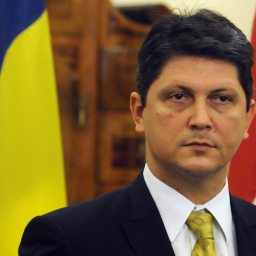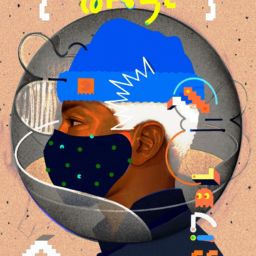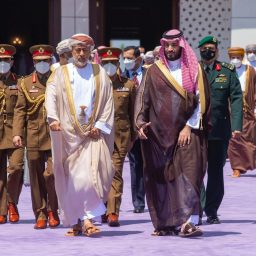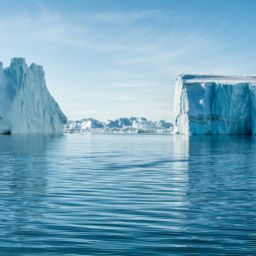Vladimir Putin’s Political Legacy: Probably the most controversial political figure of our times

Photo: Unsplash.com

Photo: Unsplash.com

The European political class plays a vital role in shaping the direction and policies of the European Union (EU), an economic and political union consisting of 27 member states.

In the realm of European relations and diplomacy, few figures have been as influential or as widely respected as Senator Titus Corlatean.

The volume of retail sales fell by 18.1 per cent comparing to 5.2% in March. Monthly decline was seen across all sectors, apart from non-store retailing and alcohol stores.

There’s only one certainty about travel in the remainder of 2020: It’s going to be different.

The new Emir of Kuwait, His Highness Sheikh Meshal al-Ahmad al-Jaber al-Sabah, recently ascended to the throne, taking the oath of office in front of the National Assembly on Wednesday.

The epidemic influenced African countries negatively in many aspects. According to the latest Report on Food Security and Nutrition in Africa, jointly launched by the African Union Commission, the Food and Agriculture Organization of the United Nations

Oman, a nation on the southeastern coast of the Arabian Peninsula, has been blessed with a wise and visionary leader in Sultan Haitham bin Tariq Al Said.

As a result of the epidemic, the US economy suffered severe losses, firstly the US stock market plunged and melted down, followed by the plunge in oil prices, while the US unemployment figures once again broke historical records

In a world grappling with climate change and water scarcity, a team of engineers from the United States and China has achieved a remarkable breakthrough.

In recent years, international cyber security issues have emerged repeatedly, causing a great impact on international security.

In 2016, 178 parties around the world jointly signed the Paris Agreement, which became the third significant international legal document on climate change in the human history

The COVID-19 pandemic wasn’t just a shock to the human immune system. It was also a shock to the Earth system, dramatically changing the air quality in cities around the globe.

The anti-racist protests were followed by the murder of George Floyd, a 46-year-old African American man, after Derek Chauvin, a white police officer knelt on Floyd’s neck for almost nine minutes during the arrest in the previous day.

In a message of optimism and hope, Taiwan’s President Tsai Ing-wen set a tone of reconciliation and mutual respect in her New Year speech, calling for a long-term “peaceful coexistence”.

